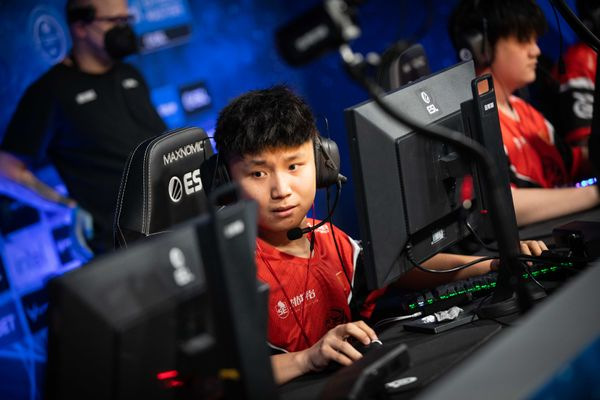Esports, once thought to be a fringe subculture, has quickly blossomed into a global phenomenon that has captured the hearts and minds of millions. While the sector continues to set milestones and receive national attention, the issue of diversity remains a pressing concern. While the gaming industry as a whole is still dominated by men, organisations have initiated initiatives in the hopes of fostering a more diverse gaming environment. The Valorous Game Changers programme, for example, aims to create a platform for marginalised females to compete and develop into professional gamers.

Valorant, a first-person shooting game produced by Riot Games of League of Legends fame, with roughly 12 million monthly users. The Game Changers series runs concurrently with the main competition and seeks to develop disadvantaged talent in a safe atmosphere free of potential harassment. Riot Games Senior Brand Manager Vera Wienken worked closely on the initiative’s debut and feels it has already been a success.
The Current Landscape
Esports has frequently been chastised for its lack of diversity, with a predominance of male players and a distinct dearth of female and minority competitors. Coaches, team owners, and even the spectators are among those who are underrepresented. Recognising this gap is critical to comprehending the importance of measures that actively promote diversity and inclusion.
The Power of Representation
Representation is important, particularly in an industry as influential as esports. When people from different backgrounds see people who look like them succeeding in the gaming industry, it gives them a sense of belonging and inspires them to follow their own interests. Diversity in esports is about creating an environment where everyone feels welcome and empowered to participate, not just checking boxes.
Breaking Stereotypes
Esports has the ability to challenge traditional gaming prejudices. The business may dispel stereotypes about who can be a successful gamer by presenting a varied spectrum of gamers. Esports is more than simply reflexes and hand-eye coordination; it also includes strategic thinking, teamwork, and communication skills qualities that transcend gender, ethnicity, and background.
Inclusive Initiatives
Several projects have emerged to overcome the esports diversity gap. Organisations both inside and outside the industry are working hard to provide opportunities for underrepresented groups. Scholarships, mentorship programmes, and grassroots initiatives are all contributing to a more inclusive future. These initiatives assist not only individual players, but also the general growth and development of the esports industry.
Role Models and Mentorship
Creating role models within the esports community is an effective way to inspire the next generation. When prospective players see someone they can identify with succeeding, it serves as a source of motivation and dedication. Mentorship programmes that pair seasoned players and professionals with beginners can help bridge the gap by providing guidance, support, and a sense of belonging.
Highlighting Success Stories
The esports business can emphasise that talent knows no bounds by sharing success stories from varied backgrounds. Platforms and media channels are critical in amplifying these stories. The industry can celebrate diversity and encourage more people to follow their passion for gaming by presenting the tales of gamers who have overcome challenges relating to race, gender, or socioeconomic position.
Educational Outreach
Educational outreach is critical for increasing diversity in esports. Schools, community centres, and youth organisations can all play an important part in bringing esports to a wider audience. These institutions may assist break down barriers and foster the next generation of gamers by giving access to gaming facilities, organising competitions, and delivering educational programmes.

As esports continues to capture viewers around the world, it is critical that the industry actively promotes diversity and inclusion. Esports may become a light of inspiration for the next generation by resolving the current imbalance, increasing representation, and generating opportunities for marginalised groups. The importance of role models cannot be emphasised, and the industry can pave the path for a more inclusive and vibrant future by elevating various success stories. It is time to embrace diversity in esports as a catalyst for growth, creativity, and empowerment, not merely as a moral requirement.



